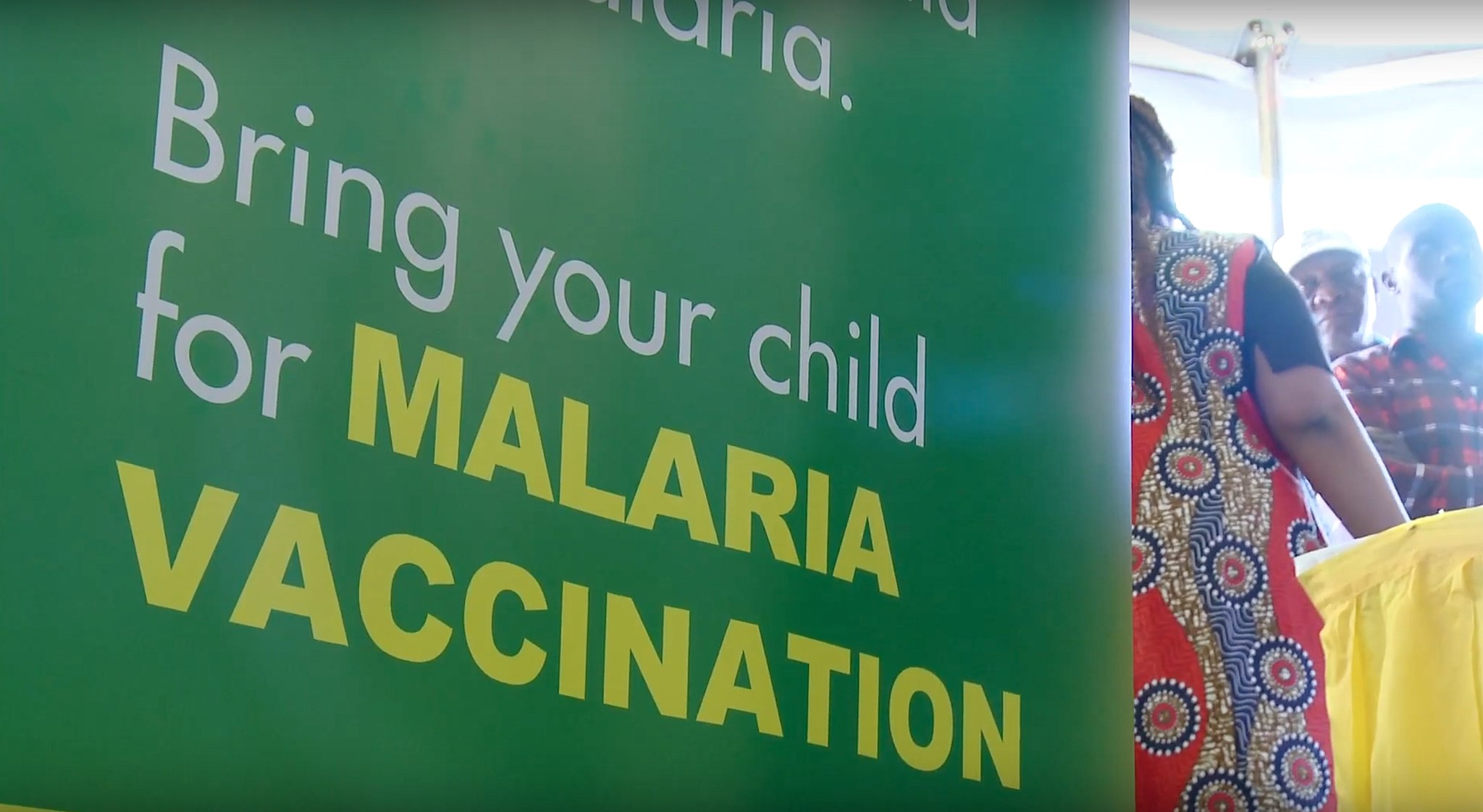GHTC, CC BY 3.0, via Wikimedia Commons
Researchers from the University of Oxford and their partners have recently published trial results, following a study in Burkina Faso, reporting that the new R21/Matrix-M malaria vaccine can provide up to 80% protection against the disease in young children. This has raised the question—have we finally found an effective vaccine against malaria?
Malaria is an infectious, mosquito-borne disease which affects hundreds of millions of people each year, exerting a massive burden on global public health. Those most significantly affected are children under the age of five years in the African region—the region was responsible for 95% of all malaria cases in 2020, with children under five accounting for approximately 80% of all malaria deaths.
The disease is caused by Plasmodium parasites, which spread to humans when bitten by an infected female Anopheles mosquito. Upon being bitten, the parasite enters the bloodstream and travels to the liver, where it multiplies, before re-entering the blood and invading the red blood cells. Within these cells, the parasite continues to multiply, causing the cell to burst after a few days. This releases more parasites which can go on to infect further red blood cells. This destruction of red blood cells can lead to several symptoms including fever and chills, and, in extreme cases, death (particularly in those with little or compromised immunity to malaria, such as young children and pregnant women respectively).

The nature of the Plasmodium parasite presents one of multiple problems with which vaccine developers have been faced. The life cycle of the parasite is complex, spreading across two species (mosquitoes and humans), and the parasite changes its appearance at each stage of the infectious process in humans, making it difficult to target.
Furthermore, in regions where transmission of the disease is high (for example, Africa), it is common to become infected with several parasites which show slight variations in surface antigens, meaning that a vaccine targeted at one specific form will not eliminate all parasites from the body.
Additional complicating factors include the fact that natural infection does not lead to complete immunity from the disease (only partial protection is acquired), as well as the emergence of mosquitoes resistant to insecticides and Plasmodium parasites resistant to anti-malarial drugs.
Despite these challenges, results published recently by researchers from Oxford and their partners in the Lancet Infectious Diseases in September 2022, are certainly promising. A booster dose of the R21/Matrix-M vaccine, following three doses administered 12 months prior, maintained high efficacy (a measure of how much a vaccine lowers the risk of becoming ill) against malaria in the children vaccinated.
The trial, conducted in Burkina Faso, West Africa, included 450 participants aged between 5 and 17 months, 409 of which received the booster vaccine 12 months later. The participants were divided into three groups—the first was a control group, and those in this group received a rabies vaccine. The other two groups received the R21/Matrix-M vaccine, with either a lower (25μg) or higher (50μg) dose of the Matrix-M adjuvant (the substance in the vaccine which enhances the immune system’s response to an antigen). The vaccines were administered largely prior to peak malaria season, and each child received the same booster vaccine as they had 12 months prior.
The researchers reported a vaccine efficacy of 80% in the higher-dose adjuvant group, and of 70% in the lower-dose adjuvant group over 12 months of follow-up, thus meeting the WHO’s Malaria Vaccine Technology Roadmap goal of a vaccine with at least 75% efficacy.
No serious adverse effects related to the vaccine were recorded, and the trial has been extended for a further two years to assess longer-term safety as well as the value of further doses of booster vaccine. Furthermore, there is an ongoing Phase III trial in which the effects of the vaccine in 4,800 children aged between 5 and 36 months across four African countries are being investigated; results are expected to be published later this year.
The only malaria vaccine to receive approval from the WHO to date, Mosquirix, shows modest efficacy against malaria, hence the need for a more effective vaccine. Most malaria vaccines (including Mosquirix and R21/Matrix-M) aim to induce antibodies against a protein known as CSP which is found on the surface of the infectious parasite, to eventually lead to the parasite’s destruction.
In this study with R21/Matrix-M, higher antibody concentrations correlated with protection against malaria in the higher-dose adjuvant group, whereas, for the same age range using Mosquirix in a different trial, a correlation was not seen. Hence, R21/Matrix-M may be a better candidate than Mosquirix as a malaria vaccine for this age range.
So, have we finally found a successful vaccine for malaria? The progress is encouraging, that’s for sure. However, some of the limitations of the study, such as the small sample size and its geographically localised nature, means that further research is required. The ongoing phase III trial seems promising, and once the results from this trial are published, the true potential of this vaccine will become clearer.





